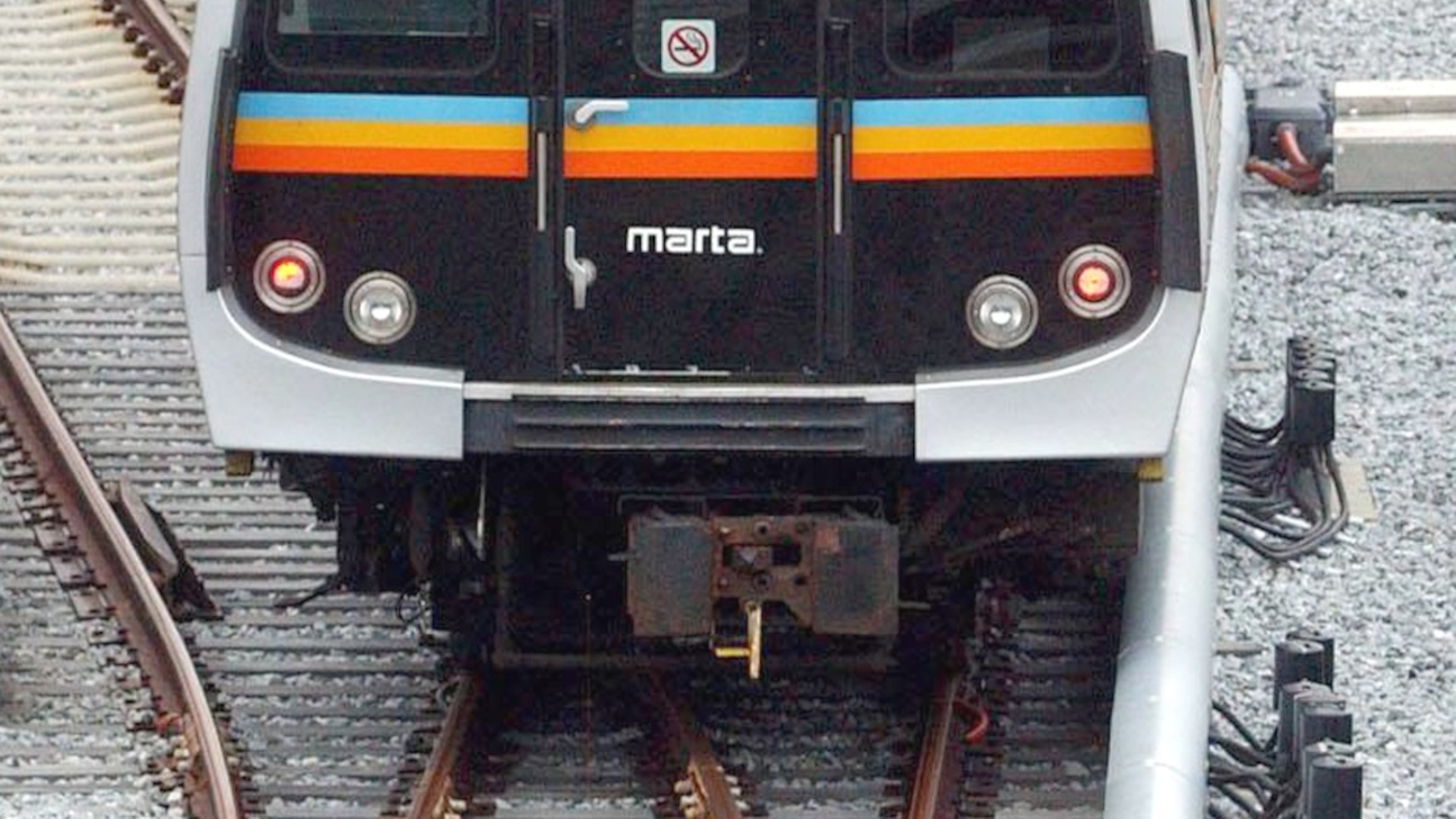Grants to spur development along future MARTA line, Beltline

MARTA and the Atlanta Beltline have been chosen to receive federal grants to help spur denser development around future transit lines, the Federal Transit Administration announced Tuesday.
MARTA was awarded $1.6 million, while the Beltline received $500,000 as part of a pilot program of the FTA. The money cannot be used to build future transit lines or buy the rail cars or streetcars that would run on them.
It must be used to plan and promote future development of businesses and homes along proposed transit lines - the kind of development that will attract built-in customers for those transit lines one day. (Think high-rise office buildings, condos and apartment towers.)
Such "transit-oriented development" or "transit supportive development" is helpful in obtaining future FTA grants, because it demonstrates that the new trains or streetcars would be able to draw riders, said Janide Sidifall, a senior project manager for MARTA.
"We can use all the help we can get," said Sidifall.
MARTA's grant must be used to support development along a proposed rail expansion east from Indian Creek station to Stonecrest Mall, with stops at Covington Highway, Wesley Chapel Road, Panola Road and Lithonia Industrial Boulevard. The money could go toward salaries for MARTA or DeKalb County planners to develop local ordinances, or it could be used for consultants creating a plan for luring more transit-oriented development.
Most of the proposed rail line lies within DeKalb County borders, so MARTA will be working closely with the county, said Knox O'Callaghan, MARTA's director of grants.
The I-20 extension is still just one of several on MARTA's wish list. There is no funding to build the $2.5 billion project.
Neither does the grant put the I-20 East expansion at the head of the line when it comes to future expansion projects. MARTA is also studying two other unfunded expansions -- an extension of the Red Line north along Ga. 400 to Windward Parkway in Alpharetta and a possible light-rail line to connect Lindbergh Center station and Avondale through the busy Decatur-Emory-CDC corridor.
The smaller Beltline grant would be used similarly, to create ordinances, plans or strategies to encourage development along a proposed streetcar corridor that is 16 miles long, according to the grant application.
Beltline spokeswoman Ericka Davis declined to comment about the grant Tuesday because she said the organization had not been formally notified.
